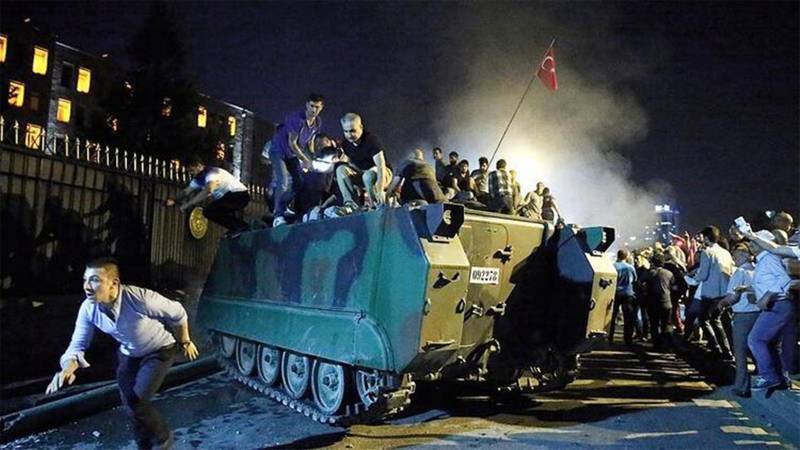Nine years after the failed July 15, 2016, coup attempt, fresh scrutiny is falling on how the Gülenist network (FETÖ) allegedly bent Turkish law to accelerate its rise inside the armed forces—yet the inquiry into the political figures who enabled it remains stalled.
Source of the Revelations
According to experienced columnist Mehmet Y. Yılmaz, writing for the independent outlet T24 on July 16, an Ankara Chief Prosecutor's indictment of the General Staff headquarters paints a detailed picture: "The organization succeeded in making the political authority pass the required legislation." Yılmaz's analysis draws on that indictment to trace step-by-step amendments allegedly shepherded through parliament by governing AKP lawmakers between 2012 and 2016.
A Step-by-Step Legislative Timeline
1 May 9, 2012 – Mandatory service cut to 10 years. A bill tabled by AKP MPs reduced compulsory military service from 15 to 10 years, ostensibly easing the early exit of officers not loyal to FETÖ.
2 February 11, 2014 – Promotions brought forward. Barely two months after the 17-25 December 2013 corruption probes—officially deemed the "zero hour" of the state's FETÖ fight—another amendment enabled promotions to be considered a year earlier, sliding four-year colonels and three-year generals onto the agenda of the High Military Council (YAŞ).
3 April 12, 2014 – Discharge shield lifted. Changes to the Officer Evaluation Regulation blocked expulsions for "reactionary activities," a clause long used to dismiss Islamist cadres.
4 December 30, 2015 – Waiting time for generalship cut to four years. This opened a fast lane for Gülenist colonels.
5 June 23, 2016 – Total service trimmed to 28 years. Passed three weeks before the coup, this law forced mass retirement of officers who graduated in 1988 or earlier—classes regarded as having minimal Gülenist presence.
Impact on Command Ranks
Data cited by Yılmaz show that at the August 2014 YAŞ meeting, ten colonels, who were promoted a year early, all took part in the putsch, including Brig. Gen. Semih Terzi, who led the assault on Special Forces HQ, and Brig. Gen. Gökhan Şahin Sönmezateş was accused of spearheading the raid on President Erdoğan's hotel in Marmaris. The combined effect of the legal tweaks, prosecutors argue, was to "clear out non-aligned generals" and "catapult Gülen-affiliated officers to top command positions."
The Missing "Political Foot"
Despite the detailed paper trail, no formal investigation has probed which ministers, civil servants, or ruling-party deputies drafted and defended the bills. Critics note that then-General Staff second-in-command Hulusi Akar—later army chief, defence minister and now AKP MP—held senior posts during each key amendment and raised no visible objections. Yılmaz asks pointedly: "Who convinced the Defence Ministry? Whose signatures recur on every proposal? Are we to believe a movement that infiltrated every sphere skipped politics?"
Government Silence Fuels Frustration
Presidential sources maintain that thousands of purges, trials, and asset seizures prove Ankara's resolve against FETÖ. Yet, opposition MPs argue that legislative complicity cannot be blamed solely on "secret infiltrators" and demand a parliamentary commission with subpoena power. So far, the ruling bloc has rebuffed such calls.
Looking Ahead
With the coup's tenth anniversary approaching next summer, families of the 251 victims say accountability feels incomplete. "Soldiers pulled the trigger," one relative told reporters, "but someone opened the door for them years earlier." Unless the political chain of command behind those doors is laid bare, observers warn, Turkey's struggle to inoculate its institutions against future clandestine networks may remain dangerously unfinished.
Photo: T24
